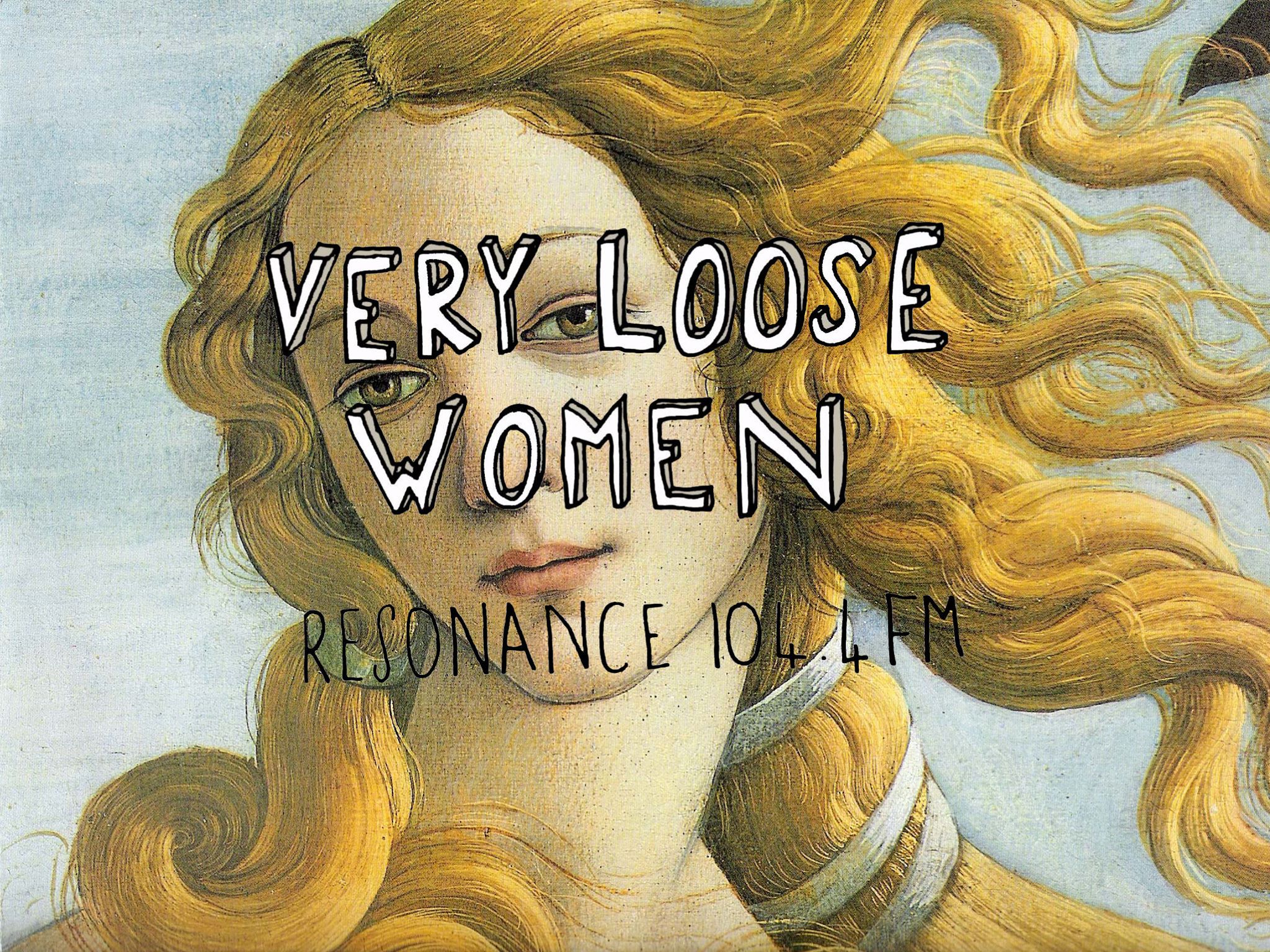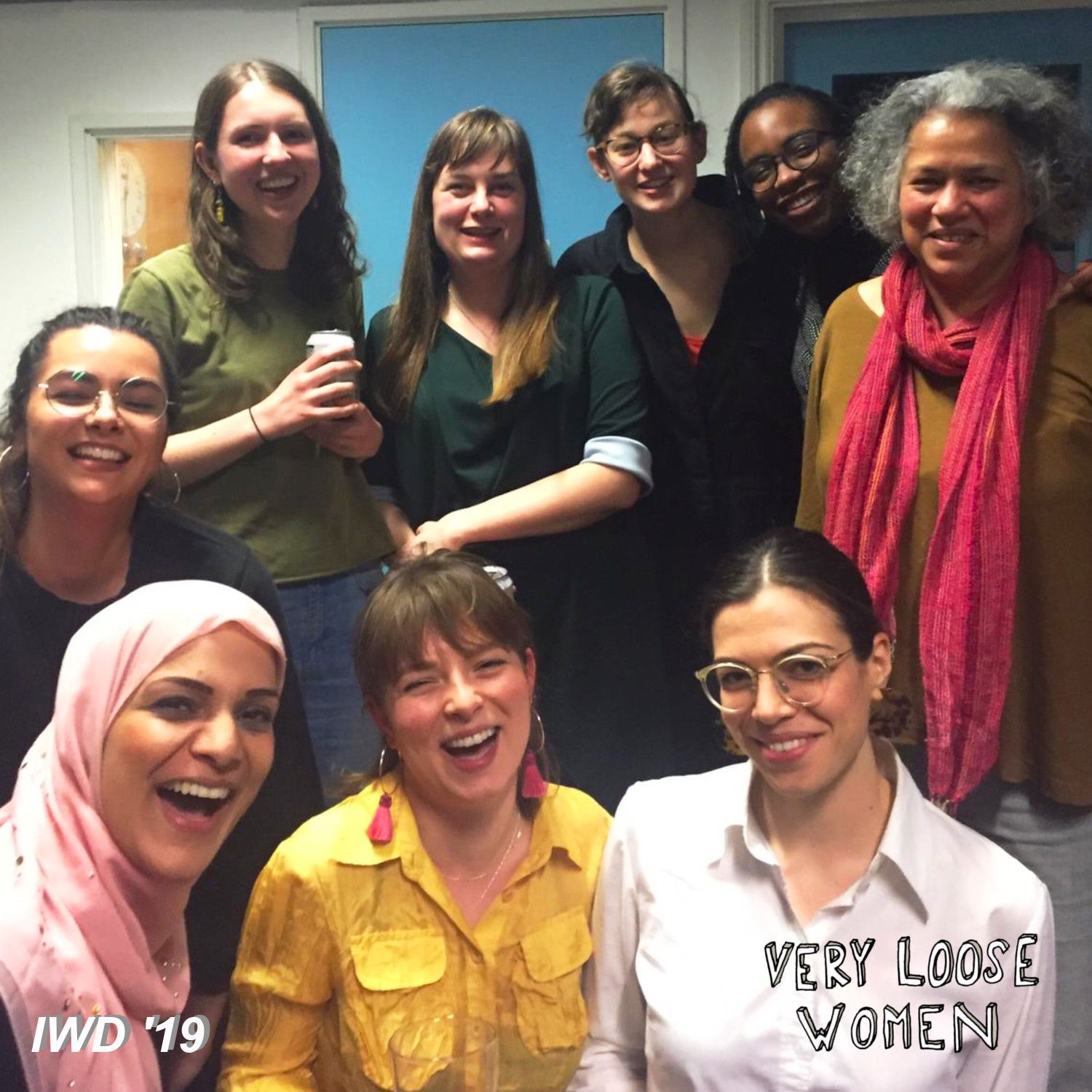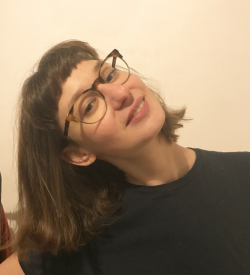I went to international school in France and I don’t remember being good enough friends with anyone to add them on msn. So when I got to uni in the UK in 2005, I found it hard to communicate with people. I didn’t really follow their cultural references (especially from tv), I didn’t understand a lot of the slang and I’d never owned hair straighteners (this felt more significant at the time). It wasn’t clear to me at what point, if I spoke, my comments would be incorporated into the conversation. As a kid, I’d recorded myself speaking onto tapes, alone, for an audience of no-one. Then as a teen I’d watched a Canadian show called Radio Free Roscoe (dubbed into French on the great Filles TV cable channel). It was about four friends who made a pirate radio show to rival their school’s more regimented broadcasts.

I knew that among the huge amount of extracurriculars at freshers fair I wanted to join the radio station. With three other women who became my very good friends, we were given a two-hour slot on Sundays (11pm-1am), which left us bleary eyed for the start of the week.Having a mic was a revelation for me. When I spoke, others needed to pause so I could contribute and be heard. I listen back to the one recording I still have of that time and I spoke fast, awkwardly and high-pitched. In hindsight the process taught me how to have conversations and they were also very honest and made me laugh.
In 2013, me and the three other women I’d started the show with went to dinner and decided to start the process up again. We kept the same title – Very Loose Women – a reference that had escaped me as a 17-year-old. We went live for half an hour every week on 104.4 Resonance FM. Since then the show has shaped me as a feminist and also politically. This year, for International Women’s Day, the studio at Resonance FM had nine women in it: human rights campaigner Gita Sahgal, comedian Sadia Azmats, feminist historian Dr Charlotte Riley, playwright Carmen Nasr and three new show producers.

These days, the show is more scripted and nuanced. It’s a lot less like therapy and more like, well, interesting. The project has scaled up in ambition and just in the past few episodes, we’ve spoken to a film director, an MEP, a cuneiform scholar and a jazz musician. The set-up has changed, but the initial aim has remained the same. Share personal experience in an attempt to bring people together. As cheesy as it sounds – make private conversations public.
By Leonore Schick

